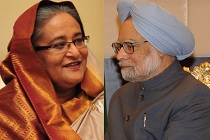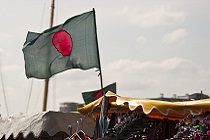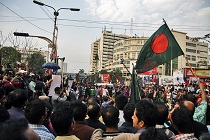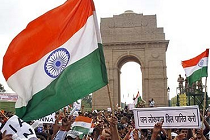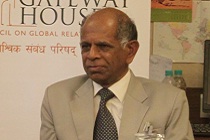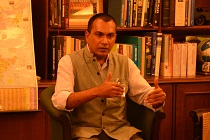People’s SAARC: a valid agenda
Rajni Bakshi, Senior Gandhi Fellow, Gateway House reports from People’s SAARC, a motley gathering of NGO workers and members of the village communities they work with. PSAARC will compile a memorandum – a wish-list of demands and aspirations – on November 24 and present it to the heads of SAARC nations



